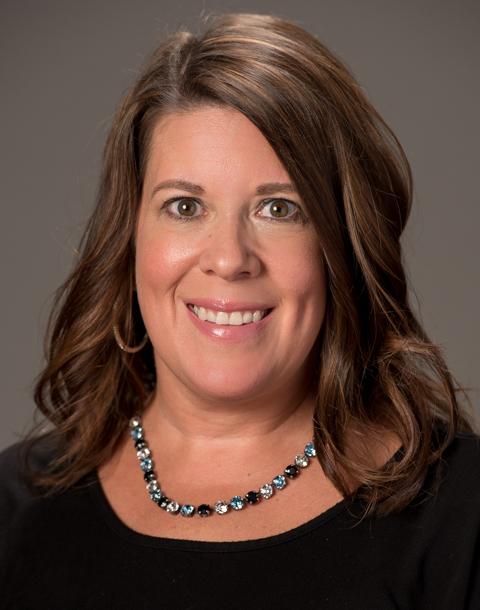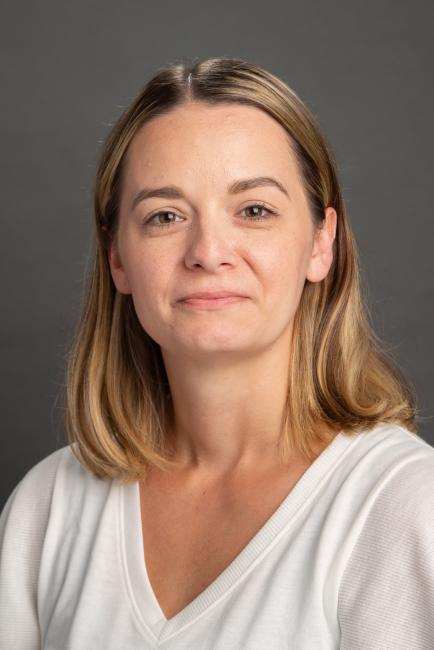See what Waynesburg University scholarships are available to you as a first-year student.
Financial Aid
Our private education is one of the most affordable in the country. And we intend to keep it that way.
The 2026-2027 FAFSA is now available.
Waynesburg costs $12,000 below the national average for private, nonprofit, four-year colleges.
- Over $35 million in aid processed for our students in 2025-2026. On average, our students receive over $20,000 per year in Waynesburg University scholarships and grants.
Upcoming Changes to the Parent PLUS Loan Program
Beginning with the 2026-2027 academic year, the Parent PLUS Loan program will introduce new borrowing limits as part of new federal legislation through the One Big Beautiful Bill Act. Parents will no longer be able to borrow up to the full cost of attendance each year. Instead, annual and lifetime caps will apply, reducing the total amount available for future borrowing.
If you've taken out a Parent PLUS loan before July 1, 2026, you'll be covered under the current rules and will keep your existing borrowing terms moving forward.
The following pertains to rule changes per student dependent beginning July 1, 2026:
| Current Rule | New Rule | |
| Annual limit | Up to cost of attendance minus additional aid | $20,000 per academic year |
| Lifetime limit | No statutory cap | $65,000 total max |
We encourage you to contact us with questions on how these changes might affect your student's financial aid options. We're happy to walk you through the details and help you plan ahead. Give us a call at 724-852-3208 or send us an email by clicking the link below.

College Cost Transparency
Waynesburg University is committed to using the Principles & Standards of the College Cost Transparency Initiative in its student financial aid offer.
Our Affirmation
Waynesburg University is a member of both the the Nation Association of Student Financial Aid Administrators (NASFAA) and the Pennsylvania Association of Financial Aid Administrators (PASFAA). As such, we affirm the following:
1. The purpose of financial aid is to ensure that all qualified students have equal access to postsecondary education.
2. We exemplify the highest level of ethical behavior and professional conduct in administering aid and helping students and families afford college.
3. We adhere to the recognized standards of the financial aid profession.
What kind of aid are you looking for?
Helpful Financial Aid Resources
Affordability & Value at a Glance
More on Financial Aid$12K Below the National Average
Based on data for 2024-2025 from CollegeBoard.org, Waynesburg's tuition and fees are $12,000 below the national average for private, non-profit, four-year colleges.
100% Receive Financial Aid
All Waynesburg students receive some form of aid each year, reducing your overall cost.
<$11K = Average Cost After Aid
After Waynesburg scholarships and grants, the average cost for tuition and fees is less than $11,000 per year.
View Tuition & Fees



